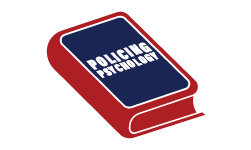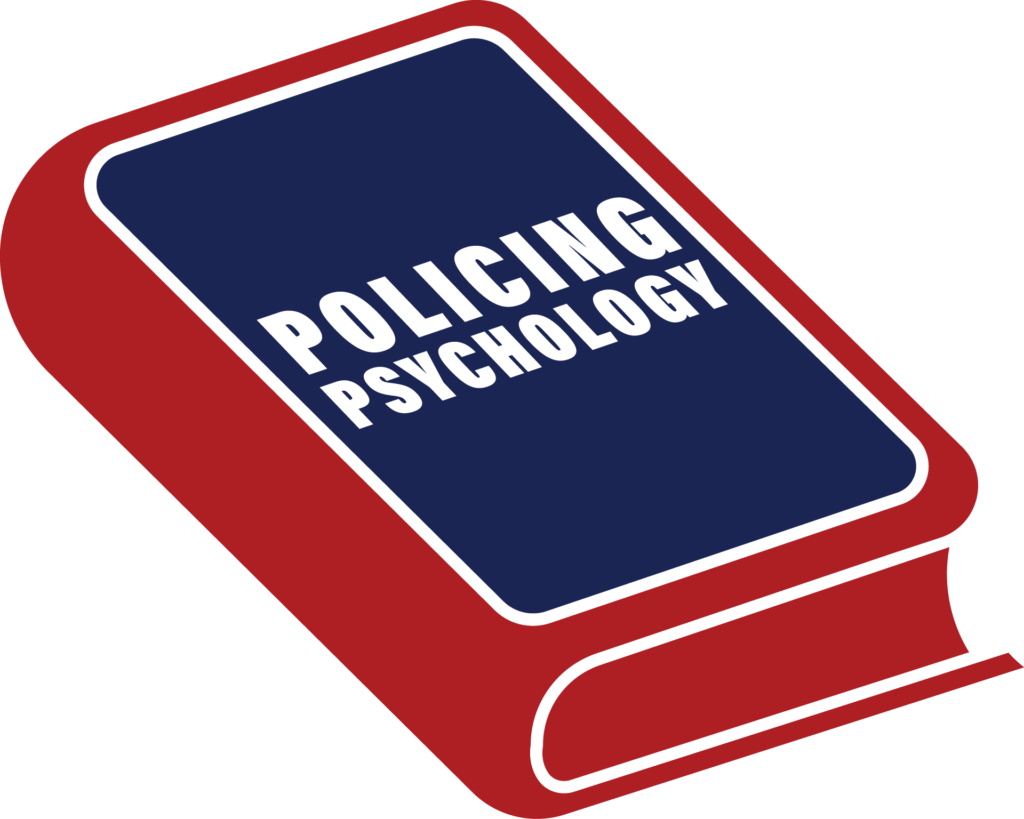Book Recommendation
Emotional Survival for Law Enforcement: A Guide for Officers and Their Families by Dr. Kevin Gilmartin.
Why this book is important:
Dr. Gilmartin has written a key book about police psychology that is a must read for every police officer. This book teaches officers how to survive not only the physical dangers of a career in law enforcement but also the psychological challenges policing. Dr. Gilmartin explains numerous key concepts summarized below that every officer needs to learn.
Idealistic recruit turns to cynical veteran:
On page 3, Dr. Gilmartin has a subtitle that states “idealistic rookie to cynical veteran”, which is true for so many police officers. Other research has confirmed that most police recruits enter the profession with an idealistic view of how much they will help people but soon adopt a cynical world view.
Officer safety training vs emotional safety:
In the 1970’s there were over 100 police officer deaths due to homicide per year, whereas by 1999, that number had fallen to 42. However, the number of police officers dying by suicide averaged over 300 per year in the 1990’s, and officers were more than four times as likely to die by suicide than be murdered on the job. The rate of officers who die by suicide has remained much higher than the rate of officers who die from homicide and accidents combined.
The hypervigilance biological rollercoast:
Dr. Gilmartin describes a pattern where officers are in a heightened sense of alert at work, thereby activating their sympathetic nervous system. Their heart rate and blood pressure increases. This has been shown in more recent studies (click here to see study) that officers can have their heart rate reach up to 170 and 180 beats per minute, while sitting in their car and driving to high-risk calls. However, there is another side to this physical response, which is described by the concept of homeostasis. Our bodies compensate by lowering our arousal when off duty with a heightened activation of the parasympathetic system when the officer is off duty. This means that officers will feel tired, lethargic and apathetic during their time off. This is a natural reaction to the overactive sympathetic system which is heightened by perceptions of danger during their work time.
The magic chair:
This rollercoaster leads into a concept that Dr. Gilmartin calls the magic chair, which essentially means zoning out. It means being physically present while at home, but not truly present in a mental or emotional way. For example, this would mean mindlessly sitting and watching tv, or surfing the internet, without being present with your family.
The “I usta” syndrome:
After starting their career in policing, officers can lose parts of their self-identity that used to define them. A man who previously would describe himself as an avid hunter, coach, fisherman, athlete (or any other list of hobbies) now perceives and describes himself only as a cop. The identity of being a police officer takes over a larger share of the officer’s identity, while pushing out other previous identities. The biggest problem with this, is that officers have little control at work, and they can easily become a victim of circumstances outside of their control.
Becoming an emotional survivor:
Dr. Gilmartin explains that officers need to go from being a victim to an emotional survivor. He describes several steps that officers can take to help them with this, which include:
-survivors practice time management and goal setting (make plans ahead of time.)
-survivors practice physical fitness (this can lift officers out of the parasympathetic lows and back up into a normal range when they are off duty.)
-survivors control their financial well-being.
-survivors have multiple roles in their life (you need more to your identity that being a cop.)
Comparison of two officers:
Dr. Gilmartin concludes the book with a comparison of two officers. One officer is on his death bed and Dr. Gilmartin is asked to convince this officer’s son to speak to his dying father. However, the son is so angry at his father, for being an absent father, that he refused. The son had only known the absent father at the bottom of the biological rollercoaster, not the great person that his father had been at work. Conversely, Dr. Gilmartin describes a second officer, who was also a great officer at work, but who prioritized his family and his personal life, which meant that he had a great relationship with his family. After the second officer passed away, his wife described that they had a great life together. There is a start contrast between the experience of the two families.
Summary
I was told about this book during my psychological test prior to being hired in 2007. Reading this book was one of the most important things that I have done in my career. I have purchased many copies and given them to many friends and teammates. Every police training program needs to be updated to include this book as a part of the mandatory training. I also recommend going back to read it multiple times, as I have. I have caught myself many times falling into some of these traps. Reading this book again helps me to maintain a healthy balance in my life. I hope that it can help you in your life as well.
Click below for a link to Dr. Gilmartin’s website to buy a copy of this book.

